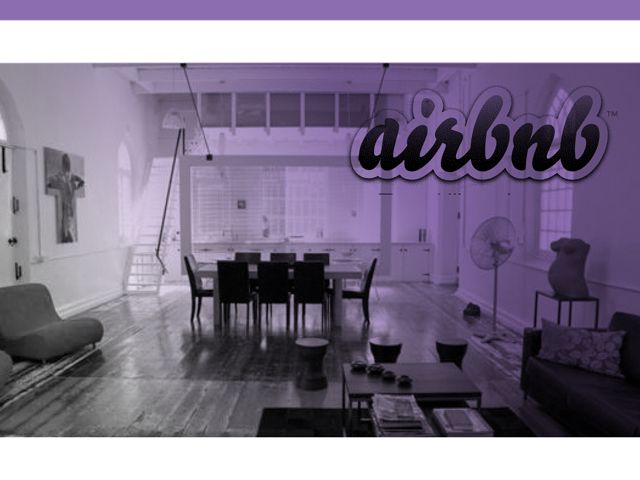Over the next two weeks, Next City will unroll short profiles of 77 people, places and ideas that have changed cities this year. Together, they make up our 2012 Disruption Index. Forefront subscribers can download the Index in full as a PDF, complete with beautiful designs and graphics by Danni Sinisi. Readers who make a $75 donation to Next City will have a full-color printed copy of the Index mailed to them.
To best see a new city, it helps to stay with people who live there. That’s great if you’ve got friends all over, but what if you don’t? Getting stuck in some cookie-cutter hotel room in a downtown business district is not exactly the ideal way to find a city’s unique nature. But now, thanks to Airbnb, you don’t need to have friends in a strange city to experience it on a more intimate level. The website connects people looking for non-hotel accommodations with people in cities all over the world who are willing to rent out there space for a short amount of time. This can range from taking over someone’s apartment for a week in Milan to crashing in the guest bedroom of a house in New Orleans. By giving visitors choices outside the commercial areas where hotels flock, and drawing them to the neighborhoods where locals choose to live, Airbnb has upended the traditional arm-length relationship between tourists and cities.
For cities, this means tourist dollars trickling into neighborhood businesses and helping those crucial community anchors stay healthy. Indeed, a recent report from Airbnb, produced in conjunction with the firm HR&A, showed that 72 percent of listed properties in San Francisco are located outside central hotel areas. The study determined that guests spent $15 million in the past year in these neighborhoods, and in total, 60 percent of guest spending occurred in the neighborhood where they stayed. For cities seeking ways to keep thriving, Airbnb is a new ally.

Nate Berg is a writer and journalist covering cities, architecture and urban planning. Nate’s work has been published in a wide variety of publications, including the New York Times, NPR, Wired, Metropolis, Fast Company, Dwell, Architect, the Christian Science Monitor, LA Weekly and many others. He is a former staff writer at The Atlantic Cities and was previously an assistant editor at Planetizen.
















